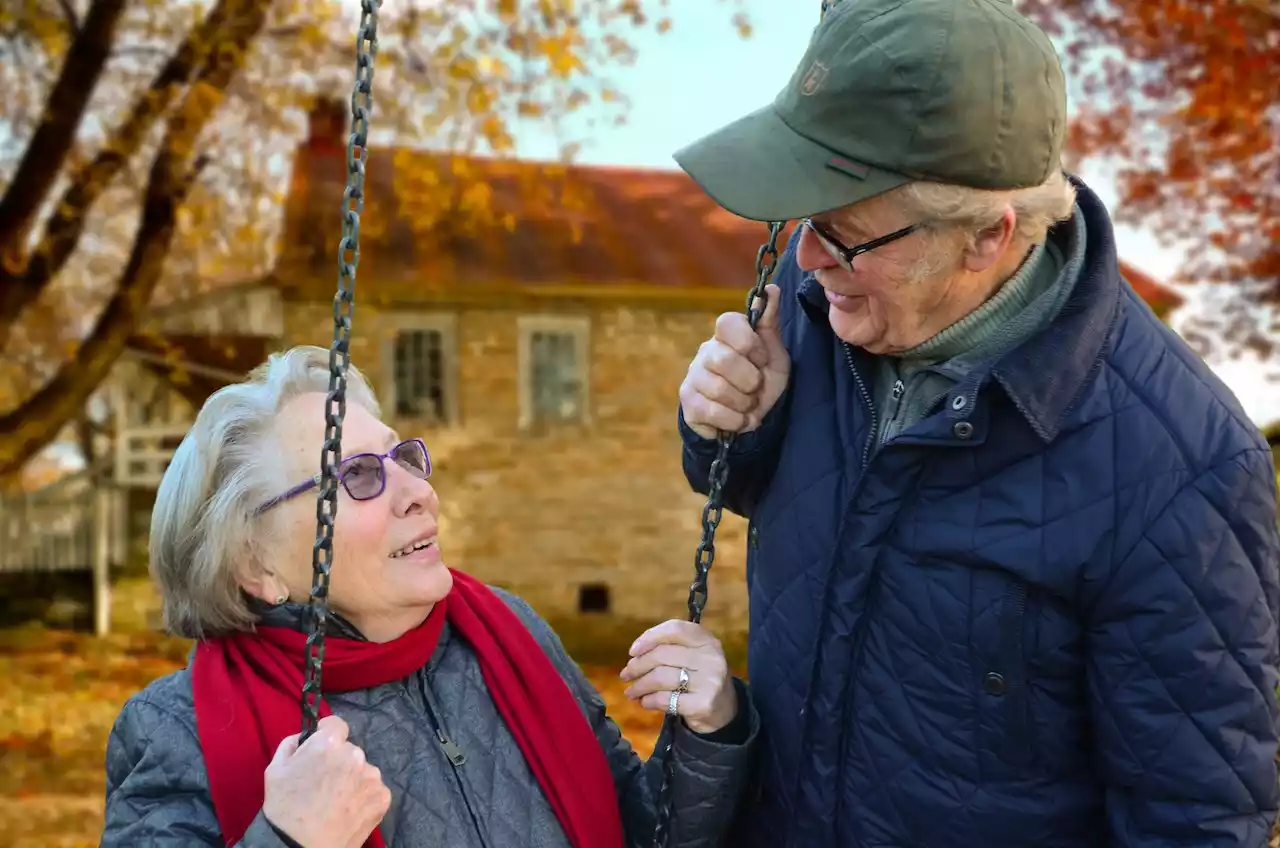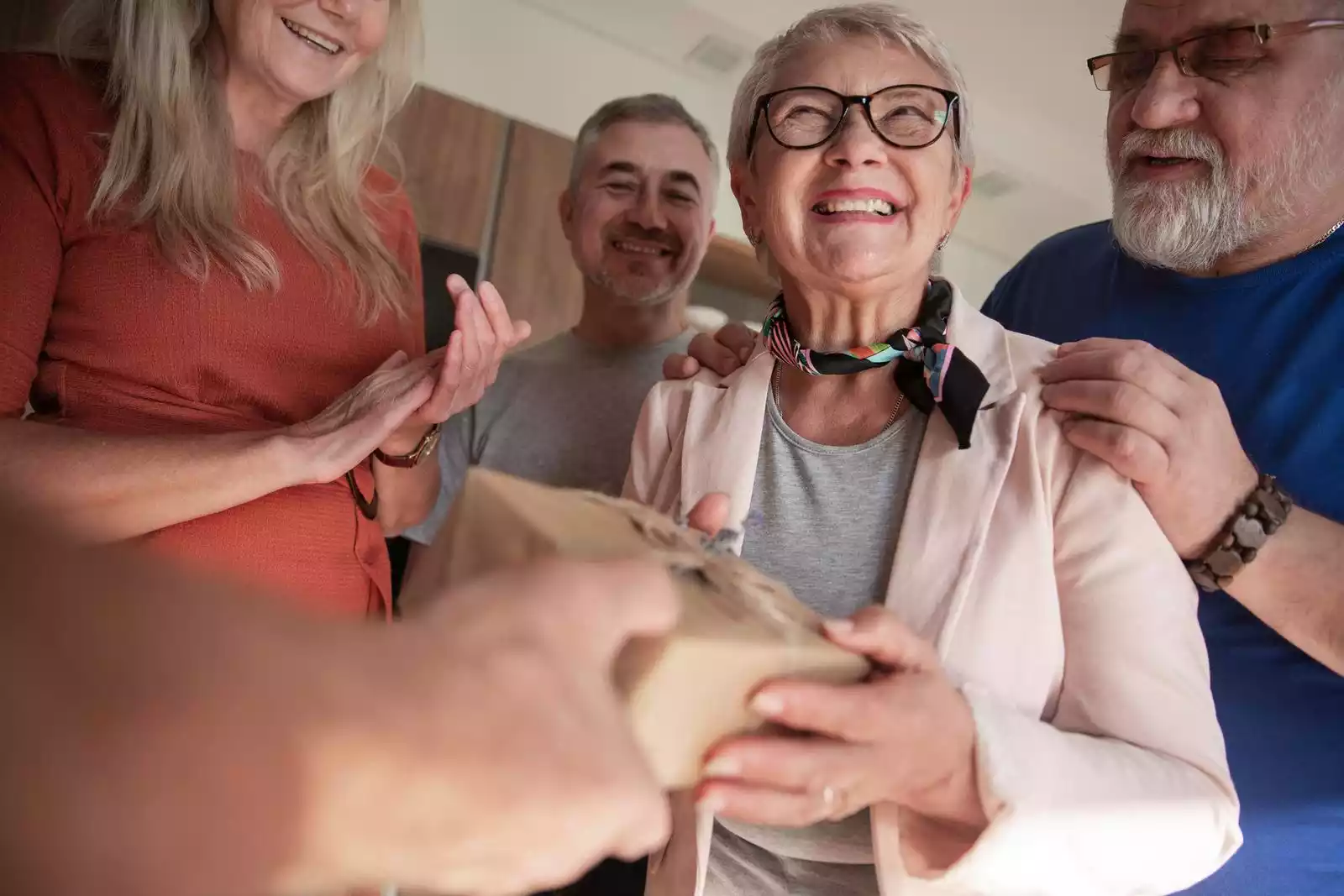Balancing Assistance and Senior Living Independence

Aging is an inevitable part of life, and as we grow older, our needs and capacities change. One of the main concerns for seniors and their families is how to maintain a balance between receiving necessary assistance and preserving senior living independence. This balance is crucial in ensuring that seniors continue to experience a high quality of life, dignity, and autonomy. In this article, we will explore how assistance can be integrated into senior living in a way that promotes independence. Additionally, we will discuss how retirement homes in Mexico can provide the perfect setting to achieve this balance.
Understanding Senior Living Independence
Senior living independence refers to the ability of elderly individuals to live their lives with minimal assistance, maintaining as much control over their daily activities as possible. Independence is significant for seniors’ mental, emotional, and physical well-being. It promotes a sense of self-worth, reduces feelings of helplessness, and encourages active engagement in daily life. However, achieving this while ensuring safety and health can be challenging without the right support system.
The Need for Assistance in Senior Living
As seniors age, they might face physical limitations and health issues that make it difficult to perform daily tasks independently. These tasks include:
- Personal Care: Bathing, dressing, and grooming can become cumbersome.
- Meal Preparation: Cooking nutritious meals may be challenging.
- Mobility: Moving around the house or community may be difficult.
- Medication Management: Keeping track of medications can be confusing.
- Household Chores: Cleaning, laundry, and other chores may become overwhelming.
While these tasks are essential for daily living, needing help with them should not mean surrendering one’s independence. The key is to find a balance where seniors receive the necessary assistance without compromising their autonomy.

Strategies for Balancing Assistance and Independence
Here are some effective strategies for balancing assistance and senior living independence:
1. Customized Care Plans
Developing personalized care plans tailored to individual needs is essential. A customized approach ensures that seniors receive support only in areas where they need help, allowing them to maintain independence in other aspects of their lives. For example, a senior might need assistance with medication management but can still handle meal preparation independently.
2. Encourage Active Participation
It’s important for caregivers and family members to encourage seniors to participate actively in their daily activities. This can involve:
- Setting Achievable Goals: Encouraging seniors to set and accomplish small daily tasks.
- Providing Necessary Tools: Offering adaptive tools and technologies that make tasks easier.
- Positive Reinforcement: Praising efforts and achievements to boost confidence.
3. Flexible Support Options
Offering flexible support options can make a significant difference. Part-time caregivers or on-demand services allow seniors to receive help only when needed, rather than having someone present all the time. This approach fosters a sense of autonomy and control over their lives.
4. Safe Living Environments
Creating a safe living environment is crucial for maintaining independence. Homes should be equipped with:
- Non-slip Flooring: To prevent falls.
- Handrails and Grab Bars: In bathrooms and stairways.
- Proper Lighting: To avoid accidents.
- Emergency Response Systems: For immediate assistance when needed.
5. Social Engagement
Social engagement plays a vital role in maintaining senior living independence. Loneliness and isolation can lead to depression and a decline in physical health. Encouraging participation in social activities, clubs, and community events keeps seniors connected and engaged.

The Role of Retirement Homes
Retirement homes offer a unique opportunity to balance assistance and independence for seniors. These facilities are designed to provide comprehensive care while promoting an independent lifestyle. Here are some ways retirement homes can achieve this balance:
1. Comprehensive Care Services
Retirement homes are equipped with professional caregivers and medical staff who can provide various levels of assistance, from basic daily living tasks to specialized medical care. This ensures that seniors receive the help they need while maintaining their independence.
2. Vibrant Community Life
Retirement homes often foster a vibrant community life with various activities, social events, and wellness programs. This environment encourages seniors to stay active, engaged, and socially connected.
3. Personalized Living Spaces
These retirement homes offer personalized living spaces that seniors can decorate and set up according to their preferences. Having a personal space contributes to a sense of independence and ownership.
4. Cultural Enrichment
In Mexico retirement homes often incorporate cultural activities and events, allowing residents to immerse themselves in local traditions and customs. Mexico’s rich cultural heritage provides a unique and enriching environment for seniors.
5. Affordability
Retirement homes in Mexico are often more affordable than similar facilities in other countries. This affordability ensures that seniors can access high-quality care and support without financial strain, contributing to stress-free and independent living.

Achieving the Balance
Balancing assistance and senior living independence is not just about providing help but doing so in a way that empowers seniors. It’s about recognizing their capabilities, offering support when needed, and creating an environment that fosters independence and well-being.
Discover how our retirement home, Casa de Retiro El Mirador, can provide the perfect balance of assistance and independence for you or your loved one. Contact us today to learn more and schedule a tour.

